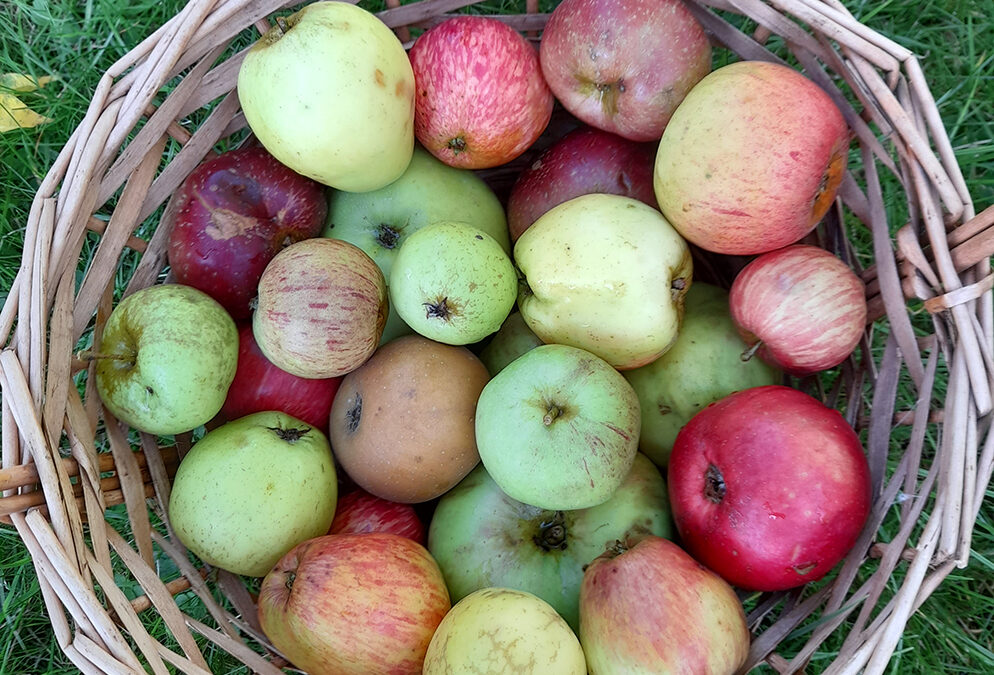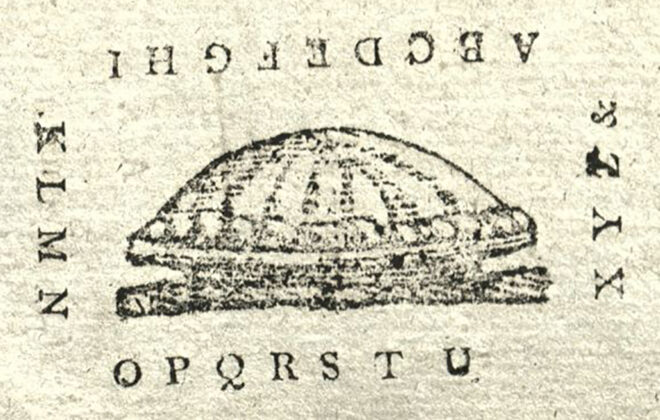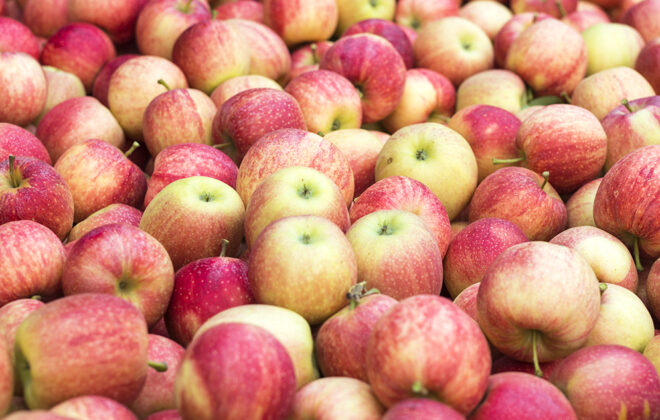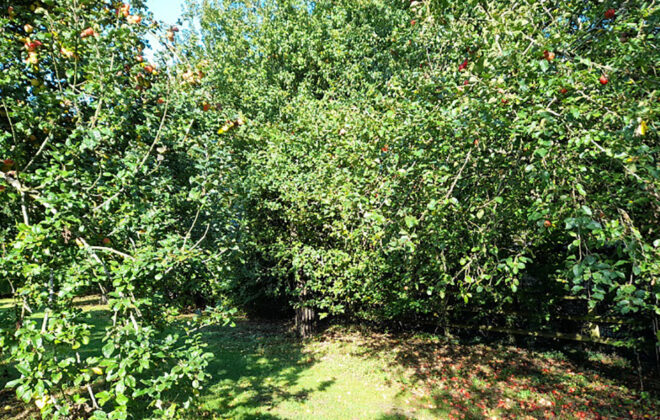Interesting Apple Facts
Apples originated in the Middle East more than 4000 years ago. The Celtic word for apple is Abhall. They have been grown in the UK as a crop since the Roman occupation.
Old English, recorded in 1204, was the main dessert apple in England well into the 18th Century, sold with Costard, a cooking apple. The apple-seller was known as a costermonger .
During the 18th Century it became tradition to pay part of the farm labourer’s wage in cider – a typical allowance on a farm would be ¾ pints per day, increased to 6-8 pints during haymaking and harvest.
Henry VII paid great sums for individual apples. Henry VIII has an orchard in Kent with many varieties, and he imported French gardeners to look after them. Queen Victoria loved baked apples. There is a Victorian heritage apple called ‘Lane’s Prince Albert’.
Viscount Scudamore of Holme Lacy was ambassador to the court of Louis XIII during the reign of Charles II and returned from France with a collection of cider fruit from Normandy. These were used to improve English stocks. Cider rapidly became the national drink.
In Victorian times, Britain grew more varieties of apple than anywhere else in the world – more than 2,000 types of apples!
In 1854 the British Pomological Association was formed to test new varieties of fruit to establish their suitability for British growers. Its secretary, Robert Hogg, had set out his knowledge of fruit in his British Pomology, in 1851. Hogg’s wrote: “There is no fruit, in temperate climes, so universally esteemed and so extensively cultivated, nor is there any which is so closely identified with the social habits of the human species, as the apple”.
In 1893 George Cadbury planted an apple tree in his workers gardens in Bournville.
By the 1900s, Bulmer’s (of Hereford) had the largest apple-pressing mill in the world. Herefordshire cider accounts for more than 50% of all UK sales. For more information about cider, visit the Cider Museum in Hereford: https://www.cidermuseum.co.uk/
Only 31% of the eating apples sold in the UK are home-grown. The UK is the only country that grows apples especially for cooking. Cox is the UK’s most popular apple, followed by Bramley.
Apple trees don’t grow true from a pip. Each apple pip grows into a unique tree, producing unique fruit (which may or may not be good). Therefore, the only way to get exactly the same apple is to graft a piece of apple wood onto a piece of rootstock. The Ancient Egyptians, Ancient Greeks and Romans knew how to do this. The Celts also knew how to cultivate apples, so sweet apples existed in Britain before the Romans arrived.
Folk-lore It’s said that if you fall asleep in an orchard you may wake up years later, while treasure buried under an apple tree will never rot or be found. We go apple bobbing at Halloween – both the water and the fruit, it was said, put you in touch with the fairy kingdom. One Halloween tradition involves taking a bite from an apple and then sleeping with it under your pillow in order to dream of your true love.




